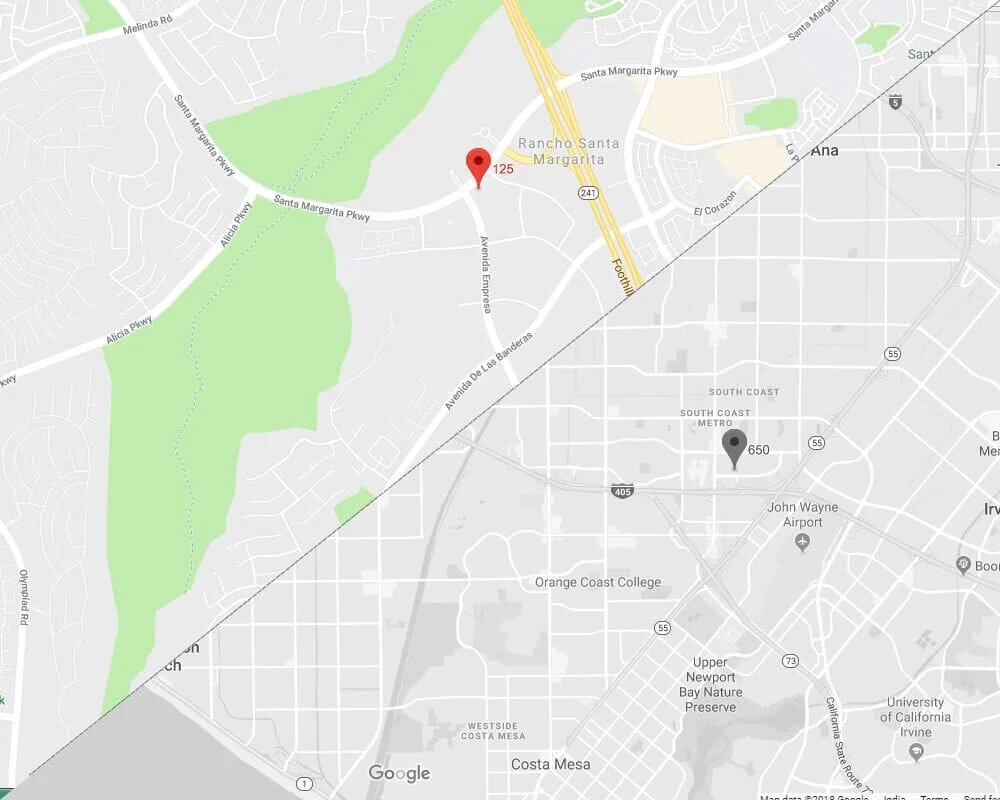Riverside White Collar Crime Lawyer

Riverside White-Collar Crime Attorney
It can be difficult to determine if you have committed a white collar crime. If you are concerned you have committed a white collar crime or have been accused of doing so, your first action should be to reach out to a Riverside white collar crime lawyer for a consultation. At Brown & Stedman LLP, our white collar defense attorney can help you every step of the way, regardless of whether the action was intentional, concerned, or accidental.

What Is a White Collar Crime Lawyer?
A white collar crime lawyer is a criminal defense attorney who represents defendants facing accusations of committing or legal charges of one or multiple white collar crimes. The overarching phrase “white collar crimes” refers to an extensive category of criminal violations that are frequently federal crimes as well. They are typically nonviolent offenses that are committed for financial or economic acquisitions or general advancement. They often involve large quantities of money.
Some examples of white collar crimes in Riverside, CA, include identity theft/identity fraud, theft from one’s place of employment (embezzlement), falsifying tax reports, laundering money, bribery, extortion, forgery, and various types of fraud. A white-collar crime becomes a federal offense when it violates federal laws or crosses state lines.

An attorney who’s equipped to deal with white collar crime criminal defense will have a thorough understanding of the law. This creates familiarity with the most effective ways in which you can be defended in court.
The attorney’s job is to defend their client, which may involve showing you were unintentionally or unknowingly guilty or wrongly accused. A white collar defense attorney will investigate all details, evidence, and perspectives concerning the circumstances of your arrest.
How Do You Fight White Collar Crime Charges in Riverside, CA?
Your defense attorney in Riverside will view and analyze your specific situation. From this information, they can advise on the right course of action and potential defenses to take. Ultimately, the goal is to get the charges dropped or reduce the criminal penalties you face. Here are some possible defenses your lawyer may argue on your behalf in court:
- Statute of limitations has passed: This defense refers to the period of time the prosecution has to file charges for a crime. Most crimes have a date where they can no longer be prosecuted. If you are charged with a crime past its statute of limitations, then your offense may be dismissible. The exact amount of time depends on the type of crime, including if it’s a misdemeanor or a felony.
For example, the statute of limitations for cases of theft, fraud, and embezzlement is four years from the discovery (not the occurrence) of the crime. However, there is no statute of limitations for cases of embezzling public money. - Entrapment: This argument states that the defendant was tricked or enticed into committing the crime by law enforcement that they otherwise would not have perpetrated.
- Coercion/duress: This defense claim is relevant if the accused was coerced– threatened or forced either verbally or by a wielded firearm or other weapon– into committing the crime for fear of their life or safety and/or the wellbeing or lives of their loved ones.
- Unconstitutional search or seizure: If evidence was obtained illegally or without probable cause by law enforcement, then it may be suppressed or thrown out in court. Without this evidence, there may not be a strong enough case, and the charges could be dropped.
- Insufficient evidence acquired or available: This defense may refer to several aspects of the prosecution’s argument, such as the evidence they collected fails to prove criminal intent or motive, the offender’s identity, or the existence of a committed crime at all.
- Insanity defense: The argument for insanity is rarely used successfully, but with enough proof, would demonstrate that the defendant is not liable for their criminal conduct because of a mental illness or defect.
This implies they were without a sound state of mind or the ability to accurately judge or recognize their actions; a non-guilty verdict following this may result in the defendant being sent to a psychiatric facility for treatment.
Is White Collar Crime Taken Seriously In California?
Yes, these types of crimes are taken very seriously by various legal institutions and are usually prosecuted harshly. White collar crimes often involve large sums of money and high-profile officials- such as leaders, regulators, directors, and supervisors- across a variety of businesses and industries. Even though these illegal offenses are not commonly violent, they are still legally enforceable and can carry severe criminal penalties.
Cases of white collar crime can be particularly complex and time-consuming, often extending years or decades, due to the frequently covert and careful methods used to conceal the unlawful activity. It may take long spans of time for the subtle patterns and signs of present white collar crimes to be noticed, recognized, and properly investigated.
These criminal offenses are also taken seriously due to their inherent intention to undermine and destabilize established institutions and systems. If found to be guilty, offenders can face very significant penalties like heavy fines and extended time in jail or prison.
What Is the Most Severe White Collar Crime?
Most white collar crimes have an element of theft or fraud, and punishments for these crimes tend to reflect the severity and amount of money illegally stolen or acquired. Most white collar crimes are called “wobblers” because they can be charged as either a misdemeanor or a felony, depending on the circumstances of the case and the prior record of the defendant.
Depending on the amount of seized goods, a crime may be deemed a misdemeanor, and the accompanying penalty will be time in county jail. If charged as a felony, a conviction would result in serving a felony sentence at a state prison. White collar felonies also usually require paying costly fines and/or restitution.
Those crimes that also break federal law are the most severely punishable of white collar crimes. Additionally, penalties will usually be harsher for offenders with multiple or subsequent felony charges or if their crimes involve more than $100,000.
Consult a Riverside, CA White Collar Crime Attorney as Soon as You Can
If you require a criminal defense lawyer, get in touch with us at Brown & Stedman LLP today. One of our attorneys will review your options with you and argue on your behalf– giving you the chance of attaining your desired outcome and keeping your rights protected.
Meet Our Attorneys

Edwin B. Brown
Bio: Mr. Brown brings over 37 years of litigation experience, including 25 years as a senior partner at a mid-size firm. He has handled jury trials, bench trials, arbitrations, mediations, and appeals in the California Appellate Courts, California Supreme Court, and Ninth Circuit. His expertise spans personal and work injuries, insurance coverage, breach of contract, premises liability, malpractice, product liability, and wrongful death. Notable cases include clarifying a store owner’s duty during robberies (KFC v. Superior Court) and protections for Good Samaritans (Van Horn v. Watson). Mr. Brown also assists with immigration, federal employment issues, and criminal defense.
Michael Stedman
Learn More About What We Can Do To Help
We invite you to call us at 949-459-5900 to schedule your free initial consultation. You can also reach our firm by contacting us online.
Tell Us About Your Case
Each time we take a case, we look at the big picture: What can we do to best help solve the problem as efficiently as possible. We use our experience and creativity to propose solutions that allow you to put your legal matters behind you.
© 2025 Brown & Stedman LLP. All rights reserved.









